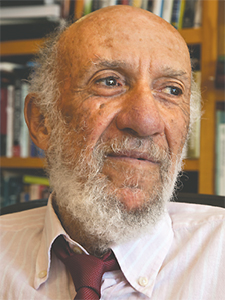
Phi Beta Iota strongly supports the registration of all baseball bats, and licensing of the right to own a bat, together with mandatory training in the safe use of a baseball bat. The training should be repeated every two years, as unsafe habits can creep back in without the strictest government oversight and micro-management of the extremely serious threat to our obese children that are too slow to run away from a crazed lunatic weilding a lethal baseball bat. This is of such great importance to our nation that we would like to see the Department of Homeland Security propose a Baseball Bat Authority (BBA), make that a model, and then move down the lethality pecking order to create separate new Authorities for the control of hockey sticks, lacross sticks, tennis rackets, and so on. Eventually handball players should be required to register their hands and demonstrate safe hand use practices.

We Must Stop Baseball Bat Violence!
By Mark R. Ferran, BSEE
A Message from the Coalition to Stop Bat Violence. (Formerly known as the Coalition to Stop Gun Violence).
Setting: The Year 2020, six months after the last privately-owned gun was found and destroyed. We have finally made All Americans (including intruders) Safe from Gun Violence in Americans' Homes. But we must continue our struggle to make All Americans safe from Violence in homes and businesses, and on the streets.
“Adolpho Hernandez was executed today for the Sept. 30, 1988, robbery and murder of 69-year-old Elizabeth Alvarado who was beaten to death with a baseball bat bat inside her Lubbock, Texas, home.” (“Elizabeth's family was again devastated one year later, when Elizabeth's granddaughter, Melissa Ann Garcia, was raped and stabbed to death by Texas death row inmate Jack Wade Clark.”
Read full article with many explicit guidelines.
See Also:
Ban guns and other inanimate objects for the good of all






